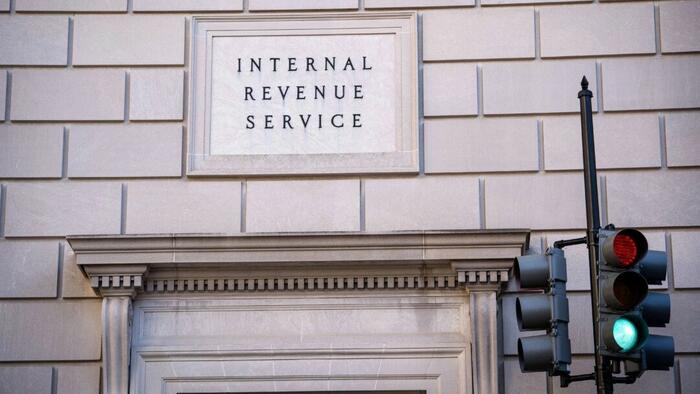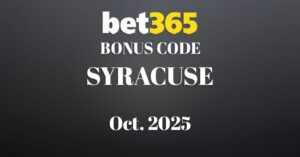
The Internal Revenue Service (IRS) reinstated the reporting threshold for Form 1099-K to $20,000 and 200 transactions, effective as of October 23, 2023. This change comes under the newly enacted One Big Beautiful Bill Act, reversing previous modifications made during the Biden administration. The IRS will require third-party settlement organizations (TPSOs) to issue Form 1099-K only when both conditions are met, returning to the standard that existed prior to 2021.
Form 1099-K is essential for individuals earning income through gig work or selling goods online. TPSOs, including platforms such as Amazon, eBay, PayPal, and Venmo, must send copies of this form to both the IRS and taxpayers, detailing total payments received for goods and services.
Overview of Changes and Historical Context
Before 2021, TPSOs issued Form 1099-K when a seller’s gross payments exceeded $20,000 and they conducted more than 200 transactions in a calendar year. The 2021 American Rescue Plan Act significantly lowered this threshold to just $600, provoking substantial backlash from taxpayers and digital payment platforms. Critics argued that this change would inundate casual sellers with excessive paperwork and compliance burdens.
Initially, the IRS planned a phased implementation of the lower threshold, proposing limits of $5,000 for 2024 and $2,500 for 2025, with $600 set to take effect in 2026. However, the One Big Beautiful Bill Act, signed by President Donald Trump on July 4, 2025, permanently repealed these adjustments, re-establishing the original reporting requirements.
Tax Implications and Guidance for Taxpayers
Despite the reinstatement of the higher reporting threshold, the IRS clarified that all income remains taxable, regardless of whether a taxpayer receives a Form 1099-K. As the agency stated, “All income, no matter the amount, is taxable unless the tax law says it isn’t—even if you don’t get a Form 1099-K.” This includes cash, property, or services received in exchange for goods or labor.
The Coalition for 1099-K Fairness, representing payment platforms and advocates for small businesses, welcomed the restoration of the pre-2021 threshold. They argued that the $600 reporting requirement had the potential to overwhelm small businesses and individuals with unnecessary tax forms and scrutiny. The coalition emphasized that returning to the previous standard will provide clarity and consistency for taxpayers while reducing administrative burdens for both the IRS and the public.
It is important to note that personal transactions, such as gifts or reimbursements, do not trigger Form 1099-K reporting. Taxpayers are encouraged to categorize these as “non-business” transactions within their payment apps to avoid confusion.
For those who receive a Form 1099-K in error, the IRS advises contacting the issuer, whose details can be found in the upper-left corner of the form, to request a correction. Taxpayers should retain the original form and any relevant correspondence, and file their returns on time, even if they cannot obtain a corrected form before the deadline.
As the IRS implements these changes, individuals engaged in gig work or online sales should stay informed about their reporting obligations and tax responsibilities.







